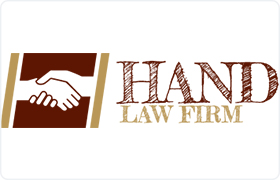Fortson Misdemeanor Lawyer, Georgia, page 3
Sponsored Law Firm
-
 x
x

Click For More Info:
-
Hand & Associates, LLC
114 N 8th St Opelika, AL 36801» view mapAccident & Injury, Family, Business, Wills, Criminal Accomplished · Determined · Experienced
Our approachable attorneys immediately put you at ease about your legal problem. We are focused on making a brighter future for you.
334-741-4077
Not enough matches for Fortson Misdemeanor lawyer.
Below are all Fortson Criminal lawyers.
Robin Heath King
State Government, Government, Criminal, Constitutional Law
Status: In Good Standing Licensed: 21 Years
Robin Heath King
State Government, Government, Criminal, Constitutional Law
Status: In Good Standing Licensed: 21 Years
 Benny Hand Opelika, AL
Benny Hand Opelika, AL Practice AreasExpertise
Practice AreasExpertise
